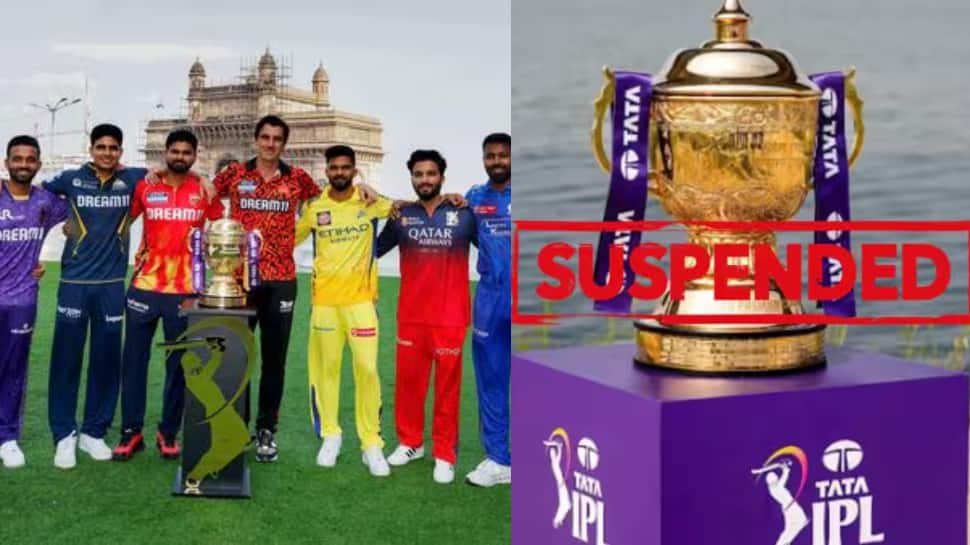IPL 2025: As India’s armed forces confront escalating tensions along the border, the sporting world has paused in solidarity. The Indian Premier League (IPL) 2025 has been officially suspended for a week, following a sudden halt to the May 8 clash between Punjab Kings and Delhi Capitals in Dharamsala. The move, while widely supported, brings with it significant financial consequences that extend far beyond just the cricketing field.
Massive Economic Fallout Across the Ecosystem
While the decision to suspend IPL is undoubtedly justified in light of national security, the financial implications are staggering. Each cancelled or postponed match is estimated to result in losses between ₹100–125 crore. Even with insurance coverage, BCCI and franchises are expected to absorb nearly half of that amount due to lost revenues from broadcasting, ticket sales, and sponsorships.
But it’s not just the top-tier stakeholders feeling the heat. From stadium vendors, local merchandise sellers, cab drivers, to restaurants and bars near match venues the economic ripple is wide and deep. For many of these groups, IPL match days mean vital income.
BCCI Weighs Options for IPL Resumption
The BCCI and the IPL Governing Council have decided to keep 16 remaining matches including the four playoffs on hold until further notice. Discussions are ongoing with stakeholders to assess whether the league can resume, and if so, where. Alternative venues like Kolkata, Chennai, Hyderabad, and Bengaluru are being evaluated as potentially safer options should the situation de-escalate soon.
Foreign Players Return Home, Await BCCI Signal
Many overseas players and support staff, some of whom were accompanied by family, have already returned to their respective countries following the launch of Operation Sindoor. However, most are expected to return if the tournament resumes in 10–12 days, depending on national commitments and the geopolitical landscape.
Should the break extend longer, BCCI might have to consider pushing the remainder of the tournament to August–September, potentially affecting India’s limited-overs tour of Bangladesh and causing scheduling conflicts with the T20 Asia Cup, which is already clouded with uncertainty.
The Worst-Case Scenario: Tournament Cancellation
In a scenario where IPL 2025 cannot resume at all, the economic impact deepens. Host broadcasters may forfeit around a third of the ₹5,500 crore in advertising revenue projected for the season. Franchises that depend heavily on central IPL revenues will feel the pressure most, especially in terms of gate collections.
Teams like Royal Challengers Bengaluru, with two home games still left at the high-ticket Chinnaswamy Stadium, stand to lose substantial earnings. The disruption also threatens to break RCB’s on-field momentum after a strong comeback run.
Players Unlikely to Suffer Financially
The players themselves are largely protected, thanks to existing contracts. Even those with lower bids may feel minimal impact. Given the context, it is unlikely that any players will raise objections to the pause, recognising the larger cause at hand.
While marquee players and franchises may recover financially, the brunt of the halt is borne by informal sellers, caterers, and small-scale service providers. For them, match days are not just entertainment but a vital source of livelihood. However, many understand that the ongoing conflict requires national unity and sacrifice sentiments that mirror the service of soldiers risking their lives on the frontlines.

